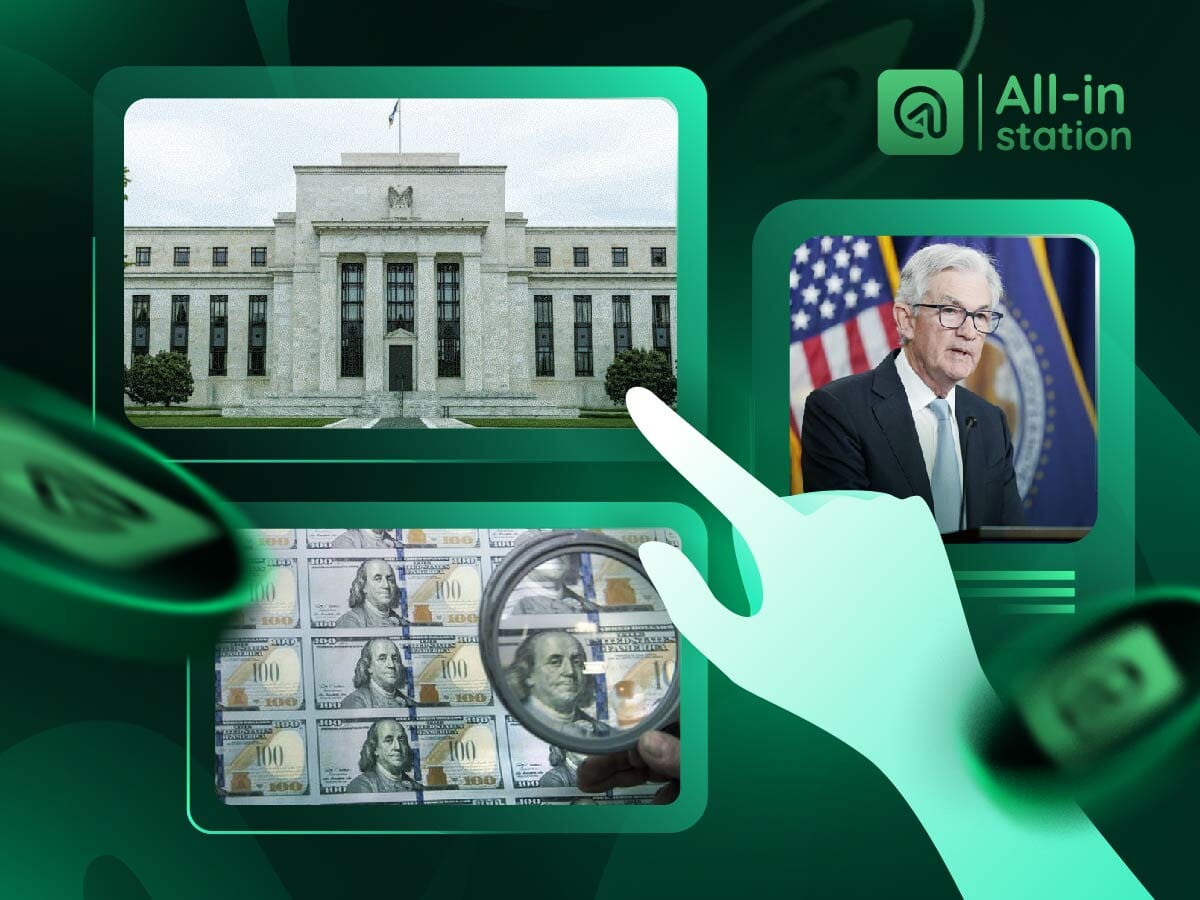On April 6, the global market sentiment quickly deteriorated after President Donald Trump announced a proposal for new tariffs, raising deep concerns about global economic growth prospects. The US stock market witnessed a large-scale sell-off, with the S&P 500 index evaporating an additional $1.5 trillion in the last trading session, bringing the total market capitalization wiped out in two trading days to $3.5 trillion. The large technology stock group led the sharp decline, causing the Nasdaq to plummet over 20% from its record high in December of last year, officially entering a bear market from a technical perspective.
In the context of continuing uncertainty, investors are closely monitoring the development of tariff negotiations between the US and other countries. If an agreement is reached, market sentiment may be somewhat improved. However, if countries retaliate with counter-tariffs, the market may continue to experience a week full of volatility and negative risks.
Additionally, investors are paying special attention to the upcoming economic data and statements from US Federal Reserve (FED) officials next week – factors that could strongly influence interest rate expectations and the USD trend. The focus will be on the March US CPI report expected to be released on Thursday evening (Vietnam time). This CPI data could be an important catalyst, potentially making the FED's interest rate reduction plan more challenging. If inflation continues to accelerate, the FED may need to reconsider short-term interest rate cuts. This could cause the market to significantly adjust expectations related to monetary policy.
Besides CPI, investors also need to pay attention to the March Producer Price Index (PPI), along with data such as unemployment benefit claims for the week ending April 5, one-year inflation expectations, and the University of Michigan Consumer Confidence Index for April. These are all indicators that could significantly impact market sentiment, the FED's policy direction, and the US dollar trend. If these data continue to show increasing inflationary pressures, the US Dollar Index (DXY) is likely to face strong downward pressure, potentially falling into a "quagmire" of weakness in the current uncertain context.
Along with this, several senior FED officials will have important speeches next week, including the Presidents of the San Francisco, Dallas, Richmond, Chicago, Philadelphia, St. Louis, and New York FED branches. Their insights about economic prospects, inflation, and interest rate orientation could provide important clues for the market during this sensitive time.
Overall, next week is considered a pivotal phase for the global financial market. While geopolitical factors such as trade tensions and the risk of retaliatory tariffs continue to increase, key economic data like CPI, PPI, and inflation expectations will play a decisive role in shaping interest rate expectations and the USD trend. If there are no positive signals from trade agreements or if inflation data continues to heat up, the market may continue to remain in a state of anxiety and strong volatility in the coming period.









